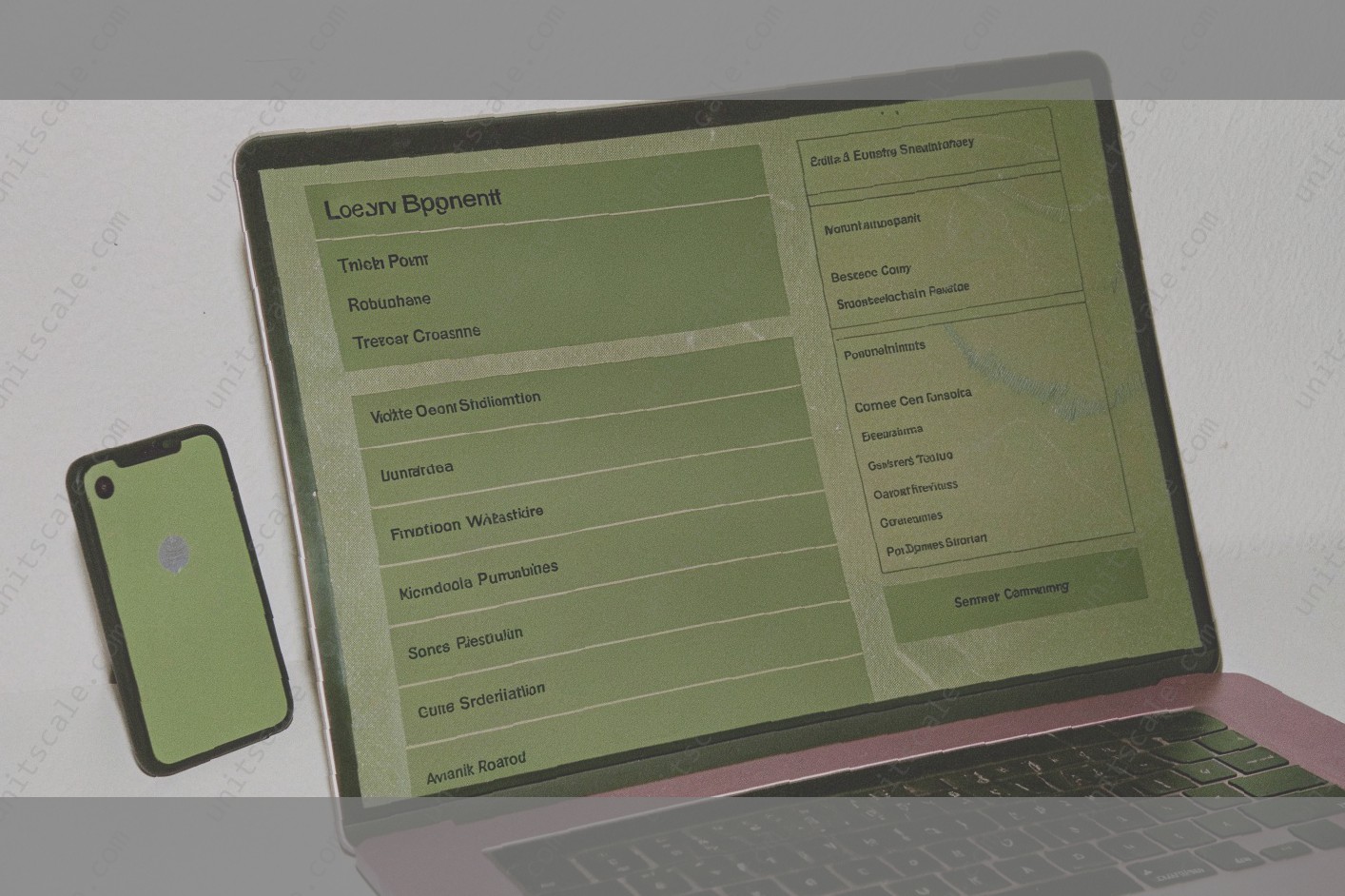What is a Law Department Directory
A law department directory is a resource that serves to outline the internal structure and staff of a legal department within an organization. Such directories are commonly maintained as an internal document or intranet-based application accessible only to in-house staff, but may also serve to provide external stakeholders insight into the particular details of a law department’s organizational hierarchy. Though the content and focus of law department directories may vary, their overall purpose is to allow for the efficient communication of internal administrative information and the ability to identify the staff and managers of legal departments quickly and easily.
A law department directory is valuable to an organization and its legal team in several ways. Typically, a law department directory will index the members of a legal team and their respective areas of emphasis or experience , facilitating the distribution of work, identification of subject matter experts and team members suited to take on a specific project and improving the overall flow of internal communications. Law department directories may also provide descriptive information regarding the various branches of an organization’s legal team, including the size and structure of such teams, performance metrics and key areas of focus. This data may be useful to in-house staff in managing their department and evaluating the team as a whole. Finally, law department directories may internally list the vendors, consultants and outside counsel used by an organization’s legal department, providing a convenient reference source for administrative decisions such as assigning the coverage of work during vacations.

Essentials in a Good Law Directory
There are several features that every law department directory should have in order to be considered comprehensive and useful; they include:
Contact Information
Not surprisingly, the most critical attribute for a law department directory is contact information. That includes the name of the law department as well as the names and titles of individual legal personnel. In addition, it’s vital that the law department directory display all contact information, including a physical address, email address and phone number.
Areas of Expertise
The scope of any given law department’s expertise is often a matter of interest to those considering contract work. On that front, it’s critical that the law department directory contain information about the types of practice areas that are offered and the types of activities that are needed from outside counsel.
Accessibility
Ideally, there should be little to no learning curve for individuals that are using the directory. A good directory is easy to navigate, so that detailed requests can be communicated with minimal back-and-forth. The addition of frequently asked questions often makes things even easier, but overall, a lack of complexity is very important. Also, because so many law departments are using these directories as a way of spreading the word about their need for contract help, it should be accessible to search engines like Google. That’s why its own links to information about the law department are critical, as is the ability to read the directory easily on a mobile device.
Advantages to Lawyers
For legal professionals, the use of a law department directory is an invaluable tool. First, the abundance of contacts expands their ability to communicate with and tap into the wellspring of legal knowledge that exists across the country or even in some cases around the world. Second, they are able to easily identify and contact experts in a specific field, or to locate legal professionals who may have a referral to an outside expert. Third, they have access to critical information regarding authorities and decisions that can help them expeditiously resolve a legal matter. While the directory might initially take time to create or update, it will provide an ongoing benefit for the legal professional and their company.
How to Select the Right Directory
This is not the first directory you will find online but it is the only one that comes with a back door.
The criteria for choosing the right law department directory for your needs are:
Accuracy of information
User interface,
Tools and resources
Size of database
Update frequency
Quality of content in added resources
The accuracy of the information is the most important factor. If you don’t have confidence in the accuracy how much will you use it. User interface is second in importance as it might not get used if you can not figure how to use it. This is especially true of the separate search tools some directories offer.
Tools and resources go hand in hand. If someone adds value by sorting and filtering big data you will get more value from it . Look for search filters that let you do your own applications. Ability to search by location, industry and revenue is important. Is the application mobile? Can you download a report? These and other capabilities should be considered when comparing directories.
If one database has 40,000 entries and the other only 30,000 which one will you choose? The value of a directory is drastically reduced when it has incomplete listings or is out of date.
Finally, look inside to see if there are any quality content features. Many of the directories use an editorial team to insert this content. All entries should be able to use these tools.
After you compare these criteria you will start thinking about value. If the numbers are close then think about price.
Potential Problems and Drawbacks
While law department directories have many benefits, there are also challenges. Data can be outdated, program vendors can allocate compatibility among the versions of the program in use by law departments, and data may not be comprehensive if not all law departments have elected to participate in the program. Additionally, certain jurisdictions or practice areas may not be represented in a particular directory, and some of the directories represent only corporate law departments rather than the entire market for a jurisdiction or practice area. And even when the directories are comprehensive, there are more lawyers in a given city or jurisdiction than law department capabilities in the directory. Even with those limitations, law department directories can still be quite helpful.
The Future of Law Department Directories
Looking forward, most law departments will eventually move away from spreadsheets and departmental intranet sites. My corporate law department colleagues have been talking about wanting a central repository for some time now. At some point in the future, that dream may become a reality. Inevitably, vendors will look to include law department directories in the overall suite of products they offer. So one can speculate that there will be an eventual evolution of e-data rooms that hold all of the information that you would need as a legal department.
To bring it all into perspective, back in the day, corporate law departments had document management systems and case management software to hold their documents and track their matters. We all thought that this was the best thing since sliced bread. Fast forward to today, and those same vendors are now calling their products knowledge management repositories, artificial intelligence, contract management databases and a host of other names . Technology is continually being redefined.
Then there is the notion that the way we communicate will always change. Since the early 1990s, we have seen a progression of communications tools that has evolved from telephone and fax machines to email and video conferencing. Each new advancement was heralded as "the next big thing" that would replace prior technology. However, the only constant over the years is that we have continued to evolve. Each year, new technologies are developed so it is unlikely that we will see a single new technology that will displace everything we know today. Rather, the pace of communication technology will continue to evolve like an episode of "The Jetsons." Each year we get a little closer to a new way of communicating; and with each new technology, we become more efficient.

